On an island where 52.3 percent of the population is female, there is no doubt that when it comes to driving the local economy, women are at the wheel, leveraging their considerable impact as market influencers and trendsetters.
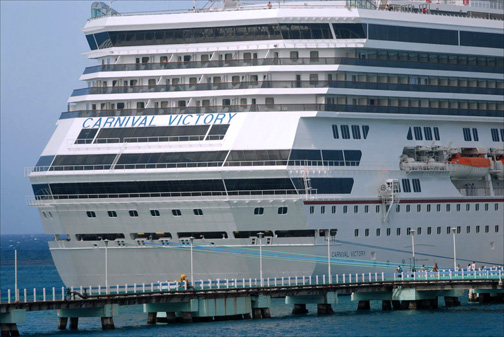
Carnival, Royal Caribbean, Norwegian Cruise Line and Pearl Seas Cruises are all offering cruise-ship packages to Cuba — and giving ordinary Americans the chance to visit an island denied to them for half a century.

U.S. Customs and Border Protection (CBP) San Juan Field Operations confirmed Tuesday a significant increase of more than 300 percent in the seizure of counterfeit merchandise during the first two quarters of federal fiscal year 2017 compared to the same period in FY2016.
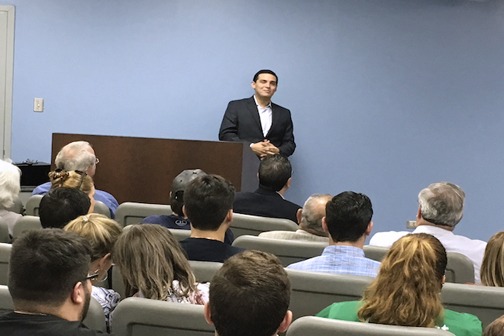
Looking to present solutions to the island’s deep economic crisis for the past 11 years, a group of professors from the University of Puerto Rico — Mayagüez Campus recently published the “Essays for a New Economy: Puerto Rico’s Economic Development.”

The Center for a New Economy announced Wednesday that the CNE Growth Commission for Puerto Rico will meet during the first week of April, in San Juan, to discuss the agenda it has started to outline.
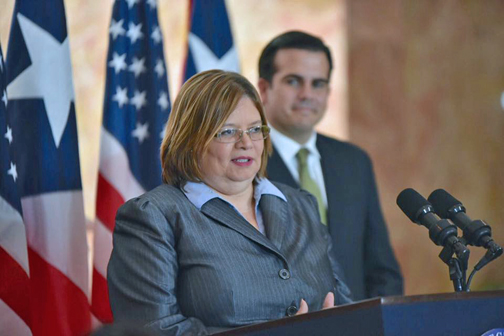
The Puerto Rico Planning Board released economic projections for fiscal years 2017 and 2018, which reflect drops in the Gross Domestic Product of 1.7 percent and 1.5 percent, respectively.

Puerto Rico’s insurance industry represents $185 million in economic contributions to the government’s coffers and generates 30,000 direct, indirect and induced jobs, a study released Thursday shows.

Moody's-rated Puerto Rican banks, Banco Santander Puerto Rico, Banco Popular de Puerto Rico and FirstBank Puerto Rico have improved their capitalization, reserves and core funding in the face of protracted economic recession in the Commonwealth of Puerto Rico, Moody's Investors Service said in a new report released Thursday.
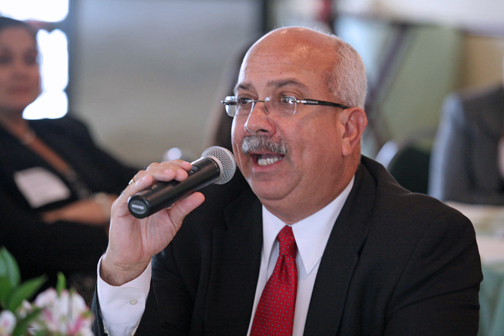
The Puerto Rico Hotel and Tourism Association unveiled Thursday a study that confirms tourism as the sector that can provide “quick stability and economic growth” to Puerto Rico.
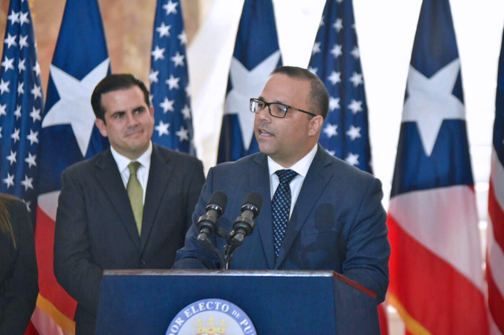
Puerto Rico Economic Development and Commerce Department Secretary-designate Manuel Laboy-Rivera said Tuesday given the island’s fiscal crisis, he has already begun implementing the economic measures set forth by Gov. Ricardo Rosselló this week.
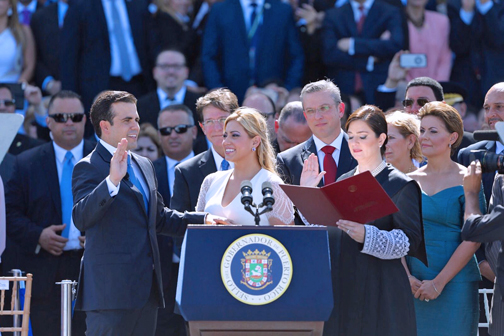
Gov. Ricardo Rosselló hit the ground running Monday, effecting six executive orders the same day he was sworn into his post as Puerto Rico’s 12th elected governor.
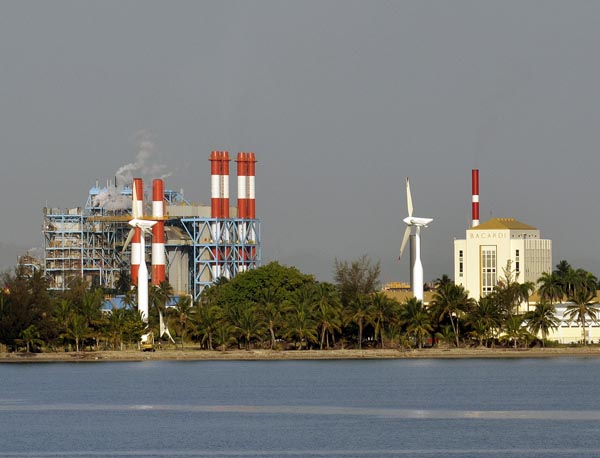
The rate hike that the Puerto Rico Electric Power Authority and its bondholders are proposing would further erode the island’s economy and set back its recovery, members of the island’s private sector claimed Monday.

While admitting that there isn’t much the Federal Reserve Bank of New York can do to spur economic growth for the island, William Dudley, the head of the regulatory agency, said Tuesday he is “confident that Puerto Rico has started on the road to recovery.”
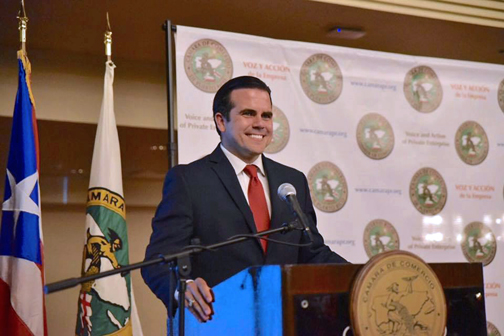
Gov.-elect Ricardo Rosselló on Tuesday offered details of the socioeconomic transformation model his administration will follow to spur “growth and development” for Puerto Rico over the next four years.

Wireless carrier T-Mobile is weathering Puerto Rico’s protracted economic slump by keeping an ear to the ground on consumer needs for quality services at affordable rates, developing a “pro-consumer” brand as a result.




NIMB ON SOCIAL MEDIA